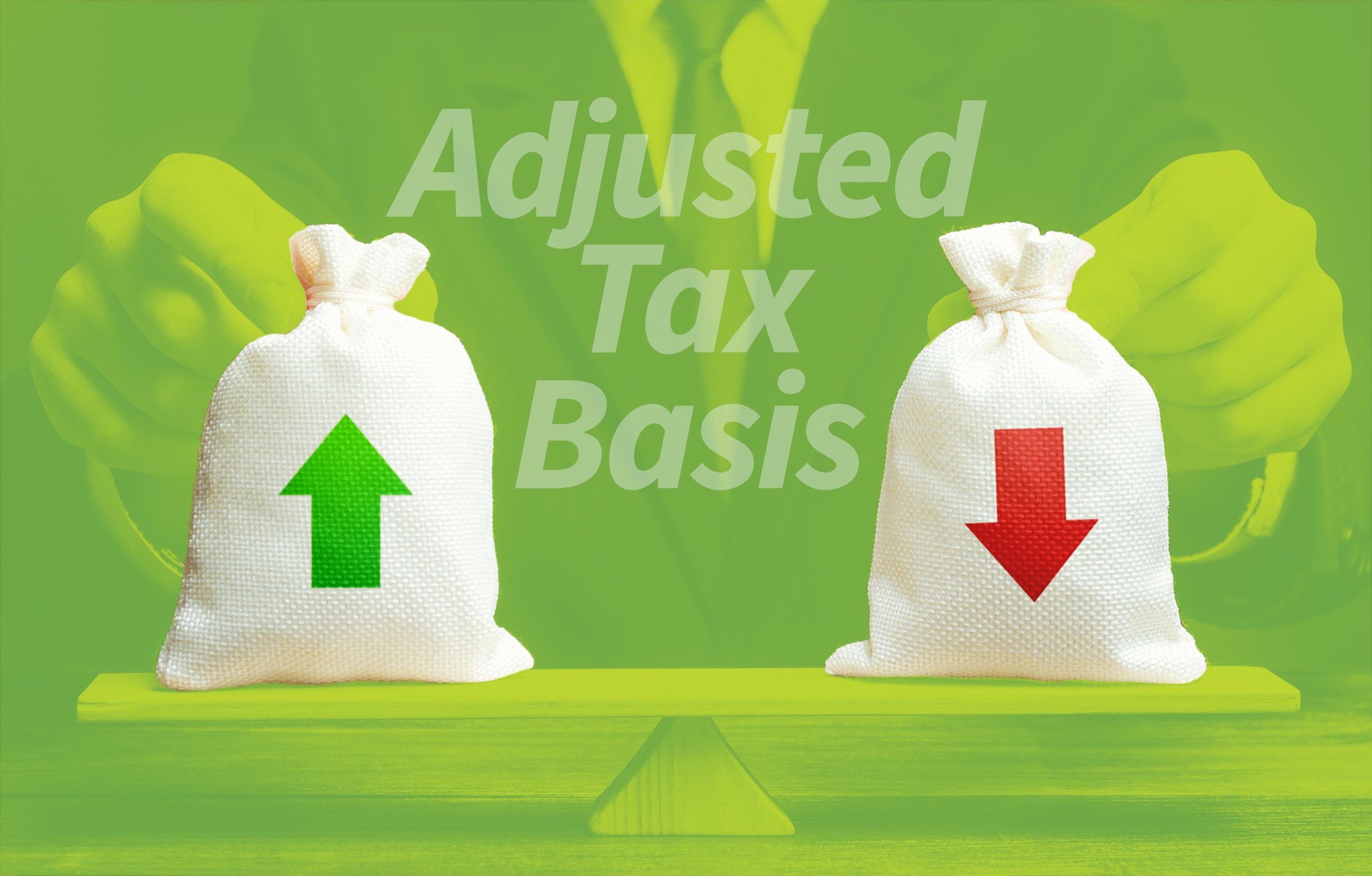
Ascertain capital accounts are correctly maintained.

Verify annual allocations are made and reported.Differentiate GAAP, IRC 704(b), and tax basis capital accounts.This program is eligible for 2.0 CPE credits.Īfter completing this course, you will be able to: Determining tax basis capital to meet recent requirements.Implications of negative tax capital accounts.
 Schedule K principles and its application to 704(b) and tax capital account reporting. Revaluations and restatement of capital accounts under 704(b). Reconciling other methods to tax basis capital.
Schedule K principles and its application to 704(b) and tax capital account reporting. Revaluations and restatement of capital accounts under 704(b). Reconciling other methods to tax basis capital.  Respecting partnership allocations and 704(b). The panel will review these and other vital issues: Respecting partners' agreed-upon allocations. Partnership capital accounts-an overview. Listen as our panel of partnership taxation veterans explains respecting partners' allocations under 704(b), the significance of negative capital, maintaining balances under GAAP and IFRS, and how to determine tax capital balances to comply with recent reporting obligations. To add to the confusion, the IRS requires that partnerships disclose partners' tax capital account balances on 2020 returns. Although the IRS attempted to define tax capital connected with new reporting requirements, no definition exists in the code or regulations. Reporting differences between these methods can include the value of the contributed property, depreciation methods, allocations of income, losses, debt, Section 754 elections, and more.
Respecting partnership allocations and 704(b). The panel will review these and other vital issues: Respecting partners' agreed-upon allocations. Partnership capital accounts-an overview. Listen as our panel of partnership taxation veterans explains respecting partners' allocations under 704(b), the significance of negative capital, maintaining balances under GAAP and IFRS, and how to determine tax capital balances to comply with recent reporting obligations. To add to the confusion, the IRS requires that partnerships disclose partners' tax capital account balances on 2020 returns. Although the IRS attempted to define tax capital connected with new reporting requirements, no definition exists in the code or regulations. Reporting differences between these methods can include the value of the contributed property, depreciation methods, allocations of income, losses, debt, Section 754 elections, and more. 
Section 704(b) accounts reflect a partner's economic interest in the entity, GAAP balances report balances that comply with accounting board requirements, and tax basis balances reflect a partner's capital balance under federal income tax principles. Generally speaking, all three methods are necessary for partnership accounting. Understanding the differences in each reporting method is a must for tax practitioners working with partnerships and LLCs. Tax advisers must make accurate distributions, both liquidating and annual, reporting the entity's and taxing partners' financial positions properly. Properly maintaining partners' capital accounts may be the most critical aspect of partnership taxation.








 0 kommentar(er)
0 kommentar(er)
